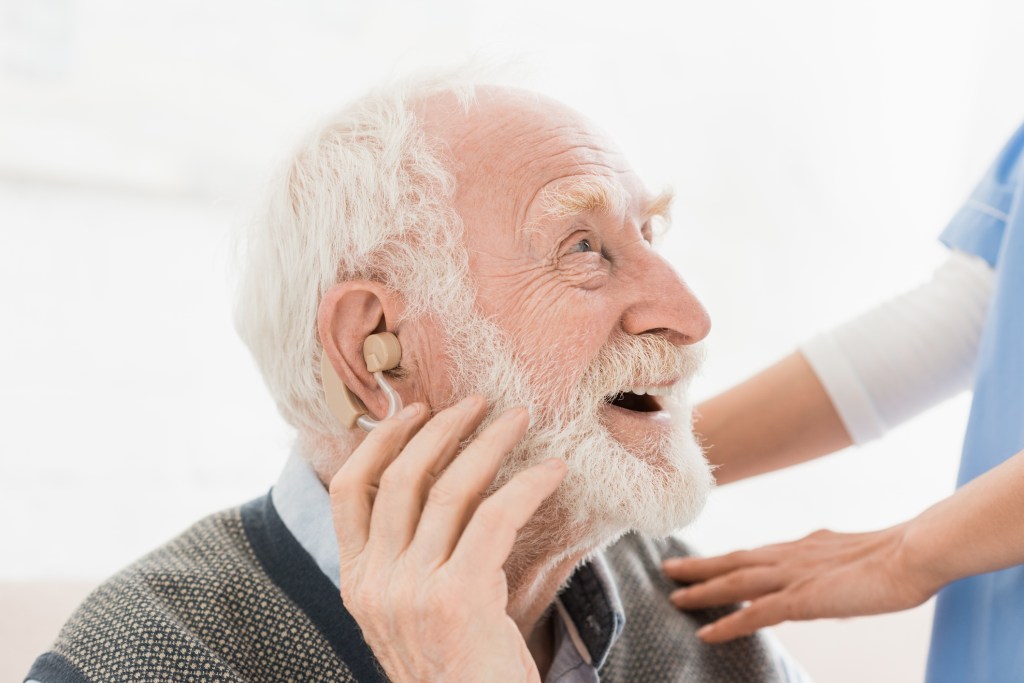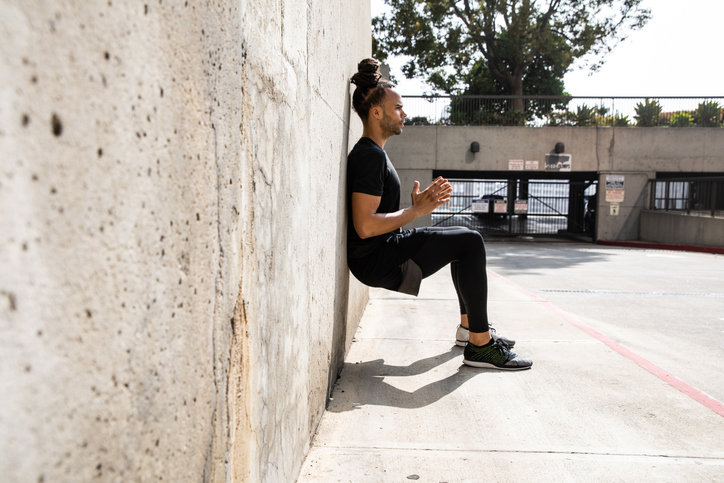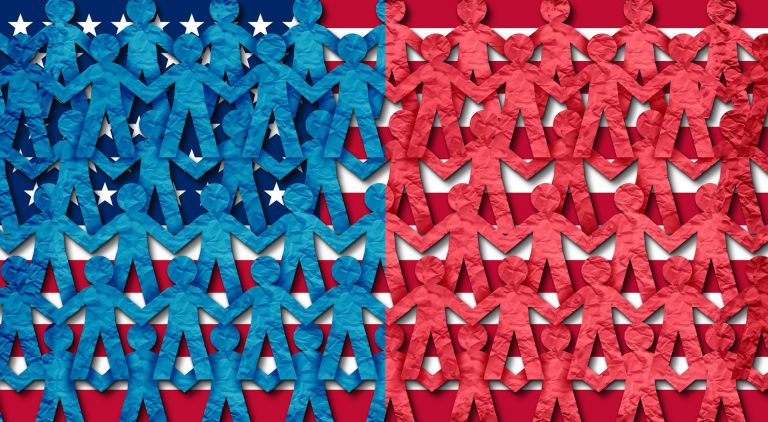This article was originally written by Stephen Beech for SWNS — the U.K.’s largest independent news agency, providing globally relevant original, verified, and engaging content to the world’s leading media outlets.
Listening to others is a key part of making connections — but what if you can’t hear them? For those who struggle with hearing loss, effective care may empower them to overcome this obstacle, which could in turn ease the loneliness epidemic among older adults.
According to a new study, providing hearing aids to older generations and teaching them how to use the devices could help them maintain social connections, which often wane as time passes. The authors also say it could reduce increasing feelings of isolation many senior citizens experience.
Per a 2023 University of Michigan survey, 34% of adults between 50 and 80 years old feel isolated sometimes, while 37% feel a lack of companionship. And per the U.S. Census Bureau, nearly 3 in 10 adults 65 or above lived alone in 2022.
Experts have linked such isolation in part to hearing loss, which can interfere with communication and relationship building. Previous research suggests both loneliness and hearing loss are associated with depression, heart disease, and early death, among other concerns. But a 2023 report showed that hearing interventions may slow cognitive decline among those at highest risk for dementia.
Led by researchers at NYU Langone Health in New York City, the recent study found that participants treated for hearing loss retained one additional social connection on average over a three-year period, compared to participants who didn’t receive hearing therapies and were instead educated about healthy aging.
Plus, the scientists discovered that participants who received hearing aids had more diverse relationships, meaning networks with many different types of connections — including family members, friends, and acquaintances. They also fostered deeper, higher quality bonds.
“Our findings add to evidence that helping aging patients hear better can also enrich their social lives and boost their mental and physical well-being,” Nicholas Reed, lead author of the study and a member of the NYU Grossman School of Medicine’s Optimal Aging Institute, said in a press release.

The study, which involved nearly 1,000 men and women between 70 and 84 years old, is one of the largest to date to examine if hearing care can help prevent weakening of social networks. “Making sure people can continue engaging with their family and friends as they age is a critical part of maintaining their quality of life,” said co-principal investigator Josef Coresh.
The research team collected data about older adults with untreated hearing loss across four sites in Maryland, North Carolina, Minnesota, and Mississippi. Half of the participants received hearing aids, counseling sessions, and personalized instruction with an audiologist. They were also given tools (such as adaptors) that connect hearing aids to TVs.
The other half received instruction about exercise, strategies for communicating with health care providers, and other resources for healthy aging. To measure social isolation, the researchers evaluated how often participants spent time with others, the depth of their connections, the size and variety of their social networks, and the roles they played in them.
A 20-question scoring system was used to calculate loneliness, which evaluated how often the participants felt disconnected from those around them. Researchers first followed up six months later, and then every year for three years.

Before treatment, participants in both groups reported feeling equally lonely. But three years later, loneliness scores slightly improved among those who had received hearing care, while scores slightly worsened among those who didn’t.
Coresh says the research team plans to continue following the participants for another three years and to repeat the experiment with a more diverse group of people, as most of the patients in the original study were white.
He added: “These results support efforts to incorporate hearing aid coverage into Medicare as a means of addressing the nation’s social isolation epidemic, which is especially risky for the elderly.”
RELATED: Engaging in Meaningful Activities Can Reduce Loneliness, Study Finds












